drip system filtration with ditch water
charlyhors
13 years ago
Related Stories
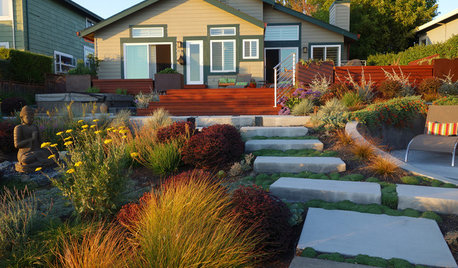
INSPIRING GARDENSInside Houzz: A Waterfront Property Ditches the Grass for a Garden
New drought-tolerant plantings and outdoor gathering spaces help this California backyard take in the view without wasting space or water
Full Story
LANDSCAPE DESIGNGet Along With Less Lawn — Ideas to Save Water and Effort
Ditch the mower and lower your water bill while creating a feast for the eyes with diverse plantings and gathering places
Full Story
EARTH DAYGrow a Beautiful Garden With Ecofriendly Greywater
Reducing home water waste means lower bills and a healthier planet. Here's how to set up a greywater home irrigation system that can help
Full Story
SAVING WATER11 Ways to Save Water at Home
Whether you live in a drought-stricken area or just want to help preserve a precious resource, here are things you can do to use less water
Full Story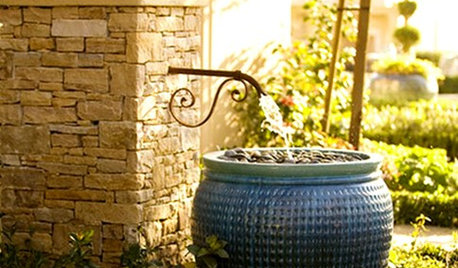
GREEN BUILDINGJust Add Water: Rain Barrel Magic
Take your rainwater storage from practical to beautiful with a new breed of design-friendly rain barrels
Full Story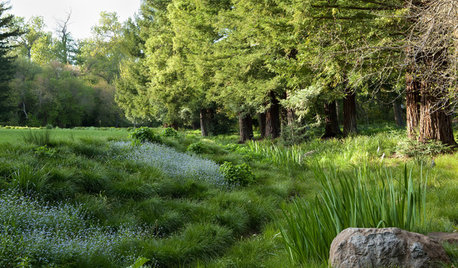
LANDSCAPE DESIGNHow to Move Water Through Your Landscape
Swales, underground pipes or a mix of both: There’s more than one way to distribute water in the garden
Full Story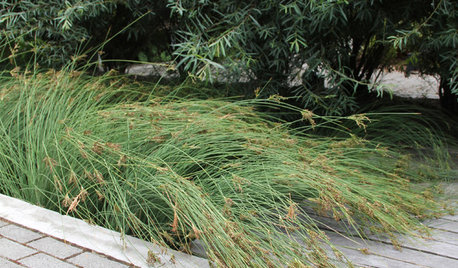
GARDENING GUIDESProtect a Precious Resource With a Rain Garden
Promote pure water and a beautiful landscape with a garden design that makes the most of the rain
Full Story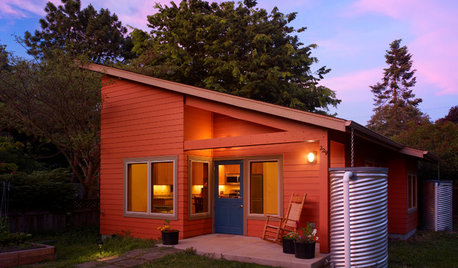
GREEN BUILDINGHow to Harvest Rainwater for Your Garden
Conserve a vital resource and save money by collecting stormwater for irrigation in a barrel or tank
Full Story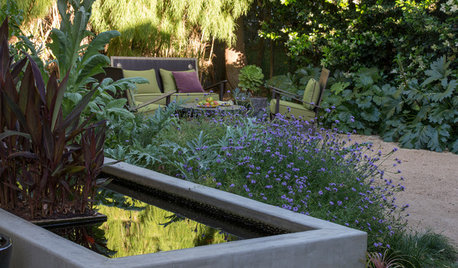
SAVING WATERHouzz Call: Are You Letting Go of Your Lawn?
Many facing a drought are swapping turf for less thirsty plantings. If you’re one of them, we’d like to hear about it
Full Story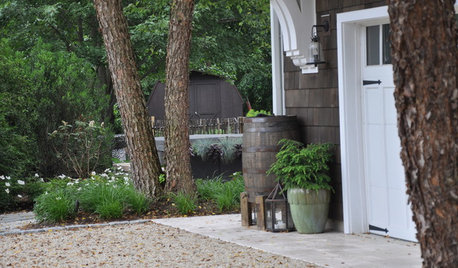
SAVING WATER6 Reasons Why You Should Save Your Rainwater Now
Collect and store during the rainy season so you’ll have water ready for irrigation when you need it
Full Story





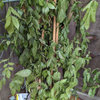
lehua49
Sherwood Botsford (z3, Alberta)
Related Professionals
70037 Landscape Architects & Landscape Designers · Ballenger Creek Landscape Architects & Landscape Designers · Harrison Landscape Architects & Landscape Designers · Mitchellville Landscape Architects & Landscape Designers · Fuquay-Varina Landscape Contractors · Homewood Landscape Contractors · Hoover Landscape Contractors · Lewisville Landscape Contractors · Ronkonkoma Landscape Contractors · Webster Groves Landscape Contractors · North Hills Landscape Contractors · Lockhart Solar Energy Systems · Bellflower Solar Energy Systems · Montclair Solar Energy Systems · West Jordan Solar Energy Systems